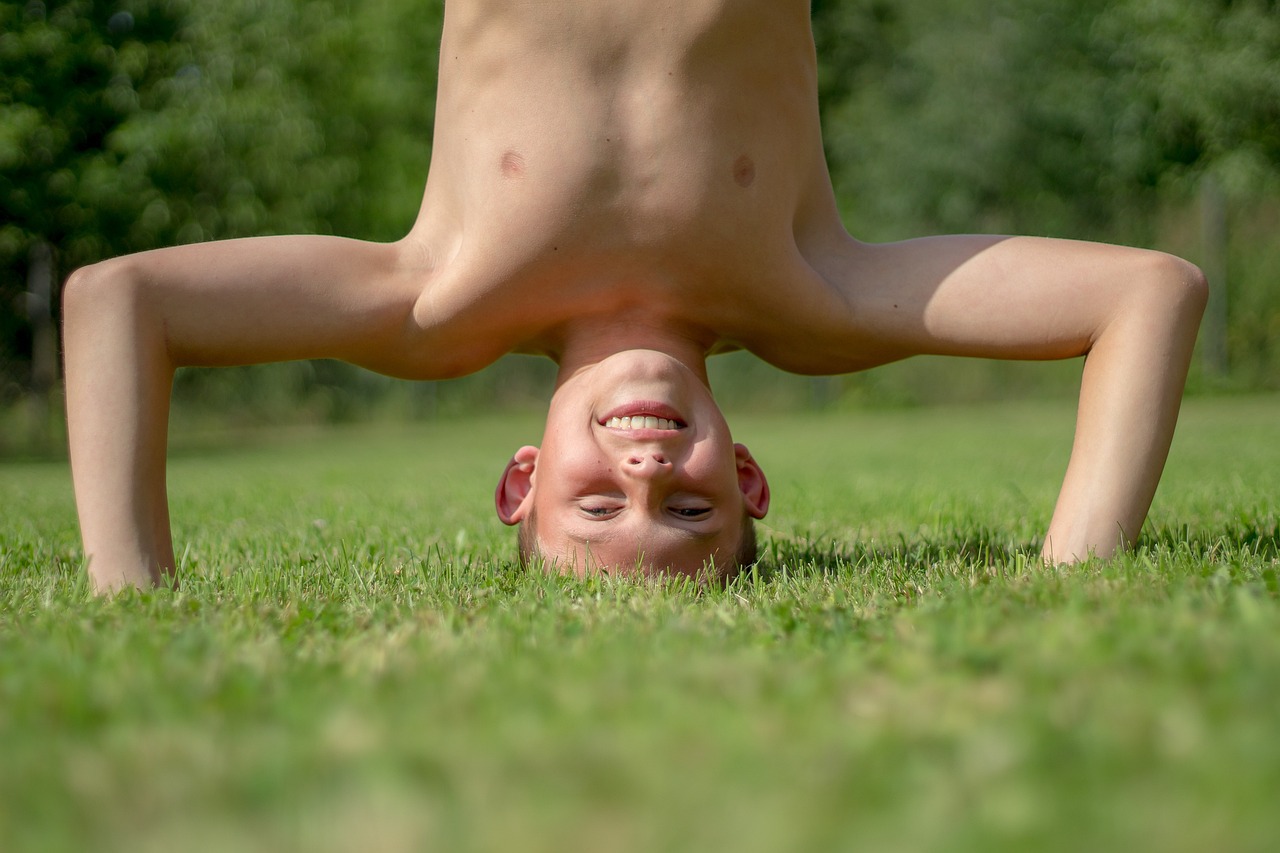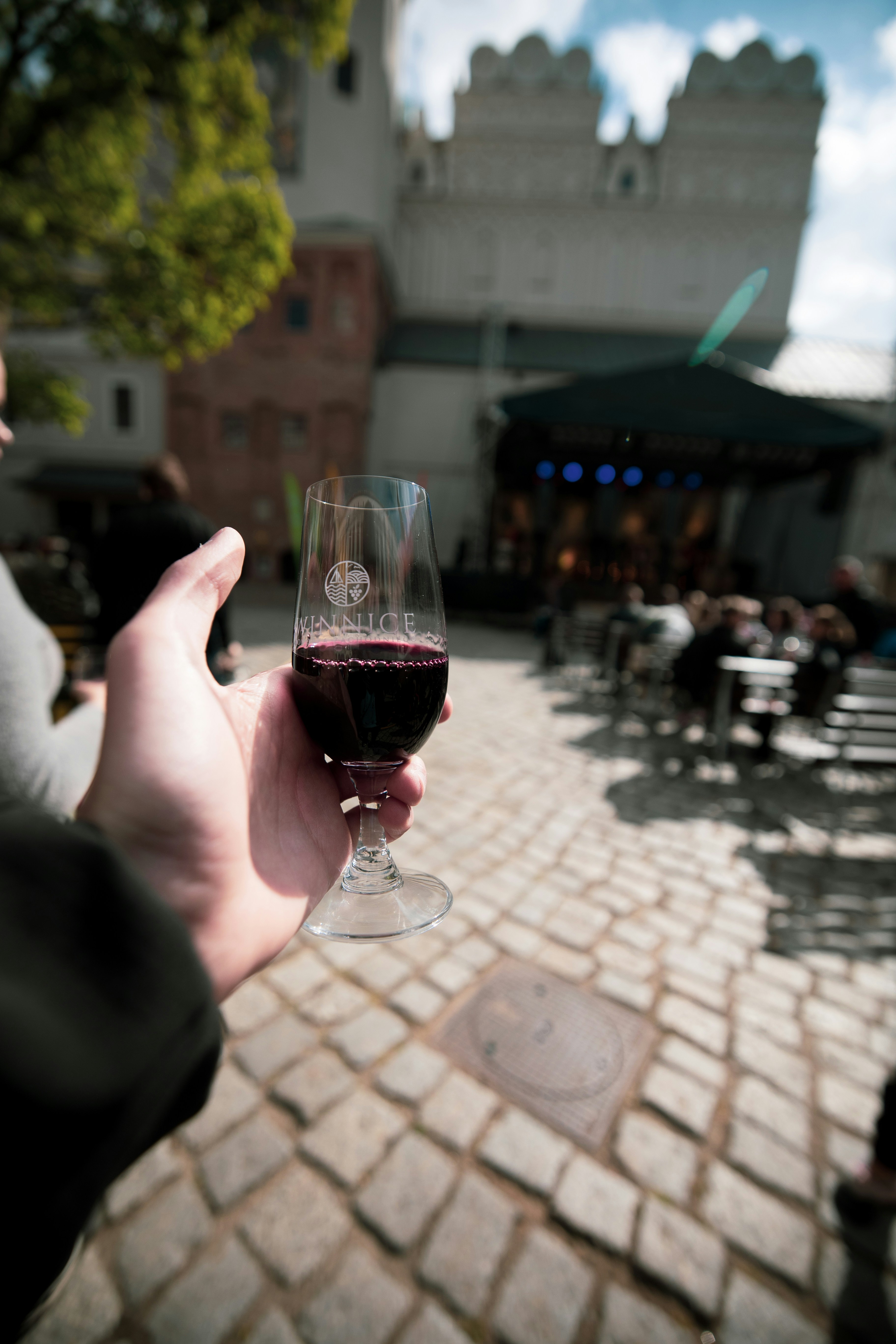Exercise
Exercise for young people should comprise of a range of activities to promote health, strength, flexibility and co ordination. It's important to include bothe aerobics exercises like running, swimming and cycling as well as strengh training like light weight lifting. Activities to improve flexibility like yoga and stretching should also be incporated. Young people should aim for at lease 60 of physical activity most days of the week and make suire it's enjoyable.


What is moderate exercise?
Moderate exercise is low level exercise like walking, cycling on flat ground, skipping, riding a scooter, walking the dog or walking to school. Moderate exercise raises your heart rate and makes you sweat. One way to tell if you’re working at a moderate level is if you can still talk, but can’t sing the words to a song.
What is vigorous exercise?
Vigorous exercise is higher impact exercise like running, cycling, football, rugby, swimming, dancing, martial arts and many more. Vigorous exercise helps to improve your muscle and bone strength. This type of exercise also helps improve your mood and increases your self-esteem.
Why exercise
- You sleep better: there is a strong link between exercising and getting better sleep. If you get better quality sleep then you feel more energised the next day
- It reduces your stress levels: exercise releases ‘feel good hormones’ produced by your brain into your body that give you a natural ‘high’, helping you to reduce your stress levels and leaving you better able to cope
- It makes you physically and mentally stronger: exercise not only gives your body a work out, it’s good for your brain too
- It improves your coordination and balance: having good balance and coordination, and core strength, which you can develop through exercise, helps you to have better posture and a stronger spine
- It improves your cardiovasicular fitness: by increasing your heart rate, you strengthen your heart, increase stamina, improve blood flow, burn fat and improve your body’s ability to deliver oxygen and energy to your muscles.
- It increases your self-confidence: as you get stronger and healthier, you may also feel happier and more confident.
Simple ways to get exercise
-
Walk to school: if you live within walking distance from school, making the journey to and from school on foot every weekday is a great way of getting more exercise into your routine.
-
Get moving at lunchtime: after you’ve been sitting in lessons all morning, make the most of your lunch break to stretch your legs and get moving. Head outside for a walk or grab a football for a kick about with friends; anything that gets you active during the day.
-
Tackle the house hold chores: it might not sound like a great deal of fun, but helping around the house is a fab way of getting more daily exercise.
More information and useful resources
Park Play offers people of all ages two hours of free, informal games and activities every Saturday morning in local parks and green spaces. The events are FREE to attend and run from 10:00 to 12:00 every Saturday. For more information on ParkPlay you can visit: East of England – ParkPlay (park-play.com)
Here is a Factsheet on Physical activity guidelines for children and young people.
If you're looking for something to do, find out what is available in your local area.
- NHS advice on Exercise as well as useful videos
- Healthy Hubs in Hertfordshire
- Essex Well-being Service
- Active Essex - Move with us
You can visit Health for Teens for useful tips.


